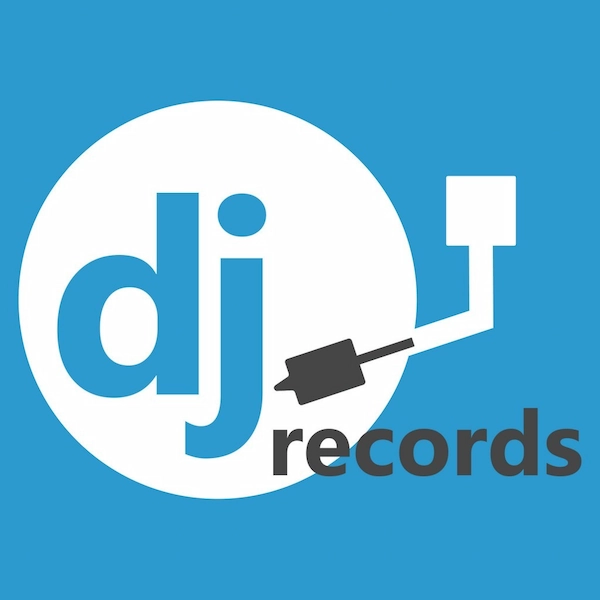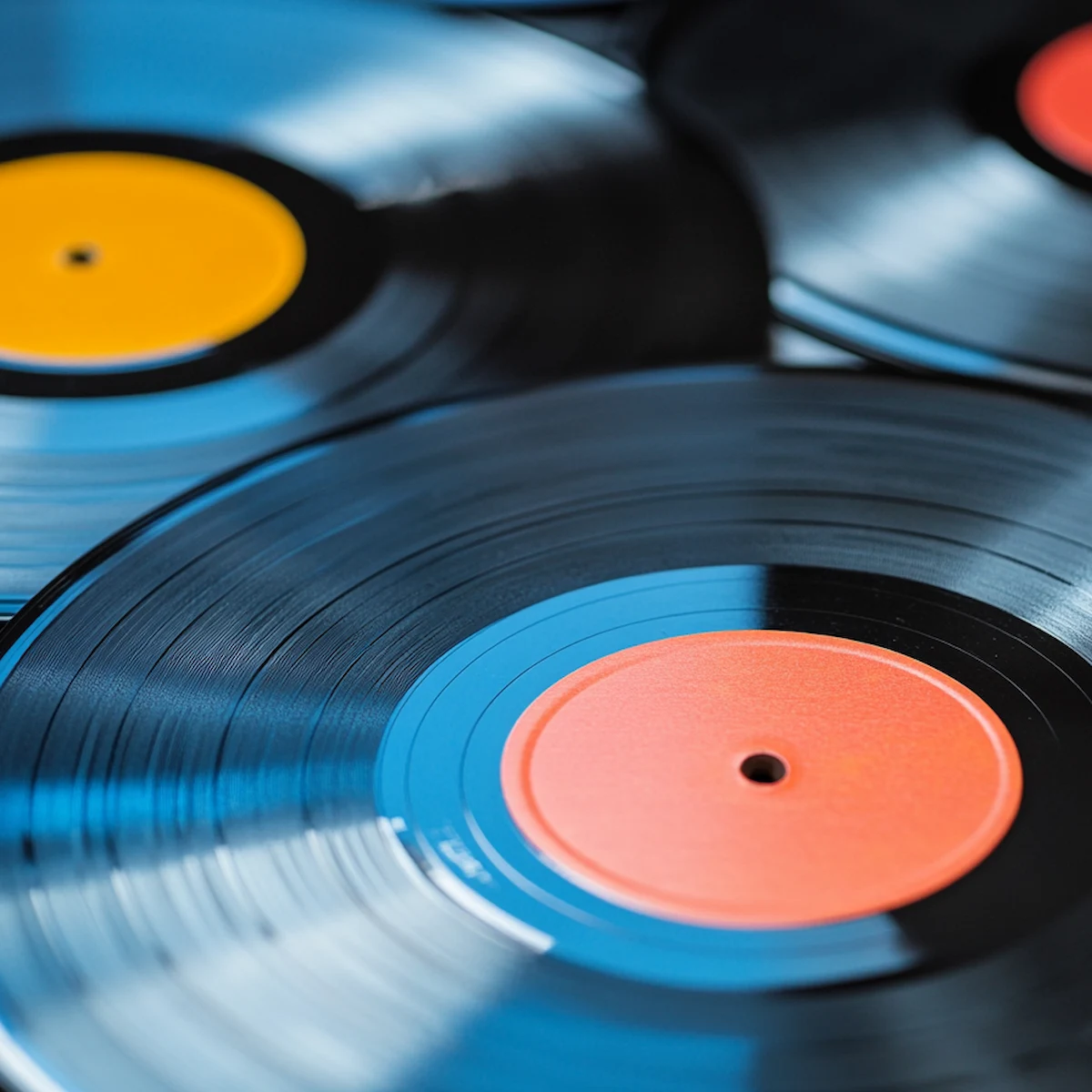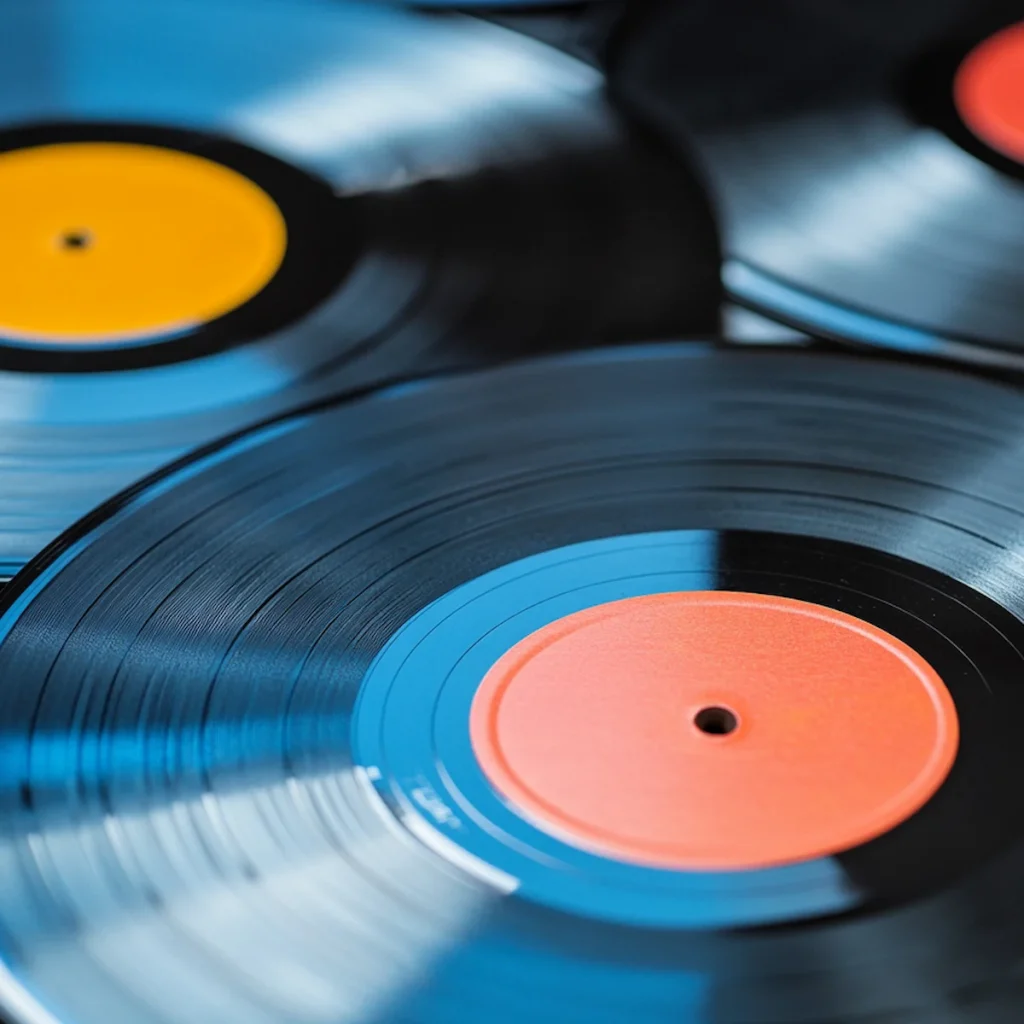At DJ RECORDS™, customers often inquire about the origins of vinyl records.
As passionate custodians of these musical discs, we appreciate their significance in music history.
The story of vinyl records spans over a century, encompassing various technological advancements and cultural shifts. Understanding their invention and evolution provides valuable context for collectors and music enthusiasts alike.
The Precursors to Vinyl
The concept of recording and reproducing sound emerged in the late 19th century, laying the groundwork for the development of vinyl records. Key inventions include:
- 1857: The phonautograph by Édouard-Léon Scott de Martinville
- 1877: The phonograph by Thomas Edison
- 1887: The gramophone by Emile Berliner
The phonautograph could transcribe sound, but couldn’t play it back. Edison’s phonograph, using wax cylinders, could both record and reproduce sound. Berliner’s gramophone introduced flat discs made of materials like hard rubber and shellac, a significant step towards vinyl records.
The Birth of Vinyl Records
The vinyl records we know today didn’t exist until the 20th century. Their development unfolded as follows:
In the 1920s, the first vinyl records were produced, but they were used for radio transcription purposes rather than music. In 1930, RCA Victor introduced the first commercially available vinyl long-playing record, although it didn’t immediately gain popularity due to the Great Depression and the widespread use of shellac records.
The actual birth of the modern vinyl record came in 1948 when Columbia Records introduced the 12-inch, 33 1/3 rpm long-playing (LP) microgroove vinyl record. RCA Victor responded in 1949 with the 7-inch, 45 rpm vinyl record, which became the standard format for singles.
Why Vinyl?
Vinyl (polyvinyl chloride or PVC) was chosen as the material for these new records for several reasons:
- Durability: More robust than the previous standard, shellac
- Noise reduction: Produced less surface noise than shellac records
- Longer playing time: Microgroove technology allowed for extended play
- Cost-effectiveness: Less expensive than shellac, especially post-World War II
The Golden Age of Vinyl
From the 1950s through the 1970s, vinyl records were the primary medium for music distribution. This golden age saw several developments:
- 1958: Introduction of stereo records, improving sound quality
- 1960s-1970s: Advances in recording technology led to higher-fidelity recordings
- Late 1970s: Rise of 12-inch singles, especially popular in disco and dance music
Decline and Resurgence
The introduction of new technologies led to a decline in vinyl record sales:
- 1960s: Advent of the compact cassette
- 1980s: Introduction of the compact disc (CD)
Many predicted the death of vinyl. However, the format has shown remarkable resilience:
In the 1990s and 2000s, as mainstream music transitioned to CDs, vinyl continued to hold a niche market among audiophiles and specific music genres, such as dance and hip-hop. From 2007 onwards, vinyl sales began to increase again, part of a broader trend of renewed interest in analog technologies. Today, vinyl records continue to see year-over-year sales growth, with both new releases and reissues regularly pressed on vinyl.
Vinyl Records Today
In the modern era, vinyl records are more than just a medium for playing music; they are a cultural phenomenon. They’re appreciated for their:
- Tactile nature
- Album artwork
- Perceived warmer, more authentic sound
While no longer the dominant format for music consumption, vinyl records have found a dedicated audience who appreciate both the format’s history and its unique characteristics.
At DJ RECORDS™, we’re always interested in buying vinyl records from all eras of this rich history. Whether you have early shellac records, classic LPs from vinyl’s golden age, or modern pressings, we’d love to see them. Each record tells a story, not just through its music, but as a piece of this long and fascinating history of recorded sound.
WE BUY OLD RECORDS!
We’ve been buying LPs, 45s, 78s & 12″ singles for well OVER 20 YEARS.
No collection is too large!









